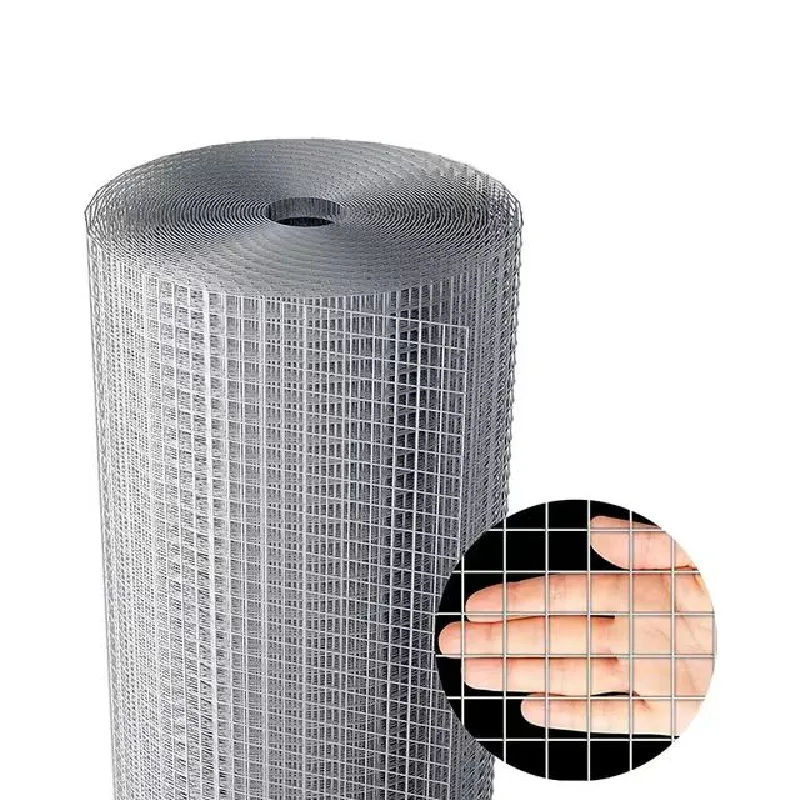-
 Afrikaans
Afrikaans -
 Albanian
Albanian -
 Amharic
Amharic -
 Arabic
Arabic -
 Armenian
Armenian -
 Azerbaijani
Azerbaijani -
 Basque
Basque -
 Belarusian
Belarusian -
 Bengali
Bengali -
 Bosnian
Bosnian -
 Bulgarian
Bulgarian -
 Catalan
Catalan -
 Cebuano
Cebuano -
 China
China -
 Corsican
Corsican -
 Croatian
Croatian -
 Czech
Czech -
 Danish
Danish -
 Dutch
Dutch -
 English
English -
 Esperanto
Esperanto -
 Estonian
Estonian -
 Finnish
Finnish -
 French
French -
 Frisian
Frisian -
 Galician
Galician -
 Georgian
Georgian -
 German
German -
 Greek
Greek -
 Gujarati
Gujarati -
 Haitian Creole
Haitian Creole -
 hausa
hausa -
 hawaiian
hawaiian -
 Hebrew
Hebrew -
 Hindi
Hindi -
 Miao
Miao -
 Hungarian
Hungarian -
 Icelandic
Icelandic -
 igbo
igbo -
 Indonesian
Indonesian -
 irish
irish -
 Italian
Italian -
 Japanese
Japanese -
 Javanese
Javanese -
 Kannada
Kannada -
 kazakh
kazakh -
 Khmer
Khmer -
 Rwandese
Rwandese -
 Korean
Korean -
 Kurdish
Kurdish -
 Kyrgyz
Kyrgyz -
 Lao
Lao -
 Latin
Latin -
 Latvian
Latvian -
 Lithuanian
Lithuanian -
 Luxembourgish
Luxembourgish -
 Macedonian
Macedonian -
 Malgashi
Malgashi -
 Malay
Malay -
 Malayalam
Malayalam -
 Maltese
Maltese -
 Maori
Maori -
 Marathi
Marathi -
 Mongolian
Mongolian -
 Myanmar
Myanmar -
 Nepali
Nepali -
 Norwegian
Norwegian -
 Norwegian
Norwegian -
 Occitan
Occitan -
 Pashto
Pashto -
 Persian
Persian -
 Polish
Polish -
 Portuguese
Portuguese -
 Punjabi
Punjabi -
 Romanian
Romanian -
 Russian
Russian -
 Samoan
Samoan -
 Scottish Gaelic
Scottish Gaelic -
 Serbian
Serbian -
 Sesotho
Sesotho -
 Shona
Shona -
 Sindhi
Sindhi -
 Sinhala
Sinhala -
 Slovak
Slovak -
 Slovenian
Slovenian -
 Somali
Somali -
 Spanish
Spanish -
 Sundanese
Sundanese -
 Swahili
Swahili -
 Swedish
Swedish -
 Tagalog
Tagalog -
 Tajik
Tajik -
 Tamil
Tamil -
 Tatar
Tatar -
 Telugu
Telugu -
 Thai
Thai -
 Turkish
Turkish -
 Turkmen
Turkmen -
 Ukrainian
Ukrainian -
 Urdu
Urdu -
 Uighur
Uighur -
 Uzbek
Uzbek -
 Vietnamese
Vietnamese -
 Welsh
Welsh -
 Bantu
Bantu -
 Yiddish
Yiddish -
 Yoruba
Yoruba -
 Zulu
Zulu
Durable and Versatile Plastic Garden Mesh Solutions for Enhanced Plant Support and Protection
The Versatility and Benefits of Plastic Garden Mesh
In recent years, plastic garden mesh has emerged as an invaluable tool for both amateur and professional gardeners alike. This versatile material offers an array of benefits that enhance gardening practices, improve plant health, and add efficiency to garden management. Whether you’re dealing with a small balcony garden or a sprawling backyard, plastic garden mesh can help take your gardening to the next level.
Understanding Plastic Garden Mesh
Plastic garden mesh is a lightweight, flexible material typically made from polyethylene or polypropylene. It comes in various sizes, colors, and mesh types to suit different gardening needs. The mesh is designed to allow air and sunlight to reach plants while providing essential support and protection from pests. Its durability ensures that it can withstand various weather conditions, making it perfect for outdoor use.
Benefits of Using Plastic Garden Mesh
1. Enhanced Support for Plants One of the primary functions of plastic garden mesh is to provide structural support for climbing plants. Vines, tomatoes, and cucumbers can all benefit from being trained onto the mesh, preventing them from sprawling on the ground. This not only saves space but also promotes better air circulation and sunlight exposure, which are vital for healthy growth.
2. Pest Control Garden mesh can act as a barrier against pests, helping to protect your plants from unwanted insects and other critters. By covering young plants with plastic mesh, gardeners can create a protective layer that prevents pests from reaching the foliage while still allowing light and water to penetrate.
plastic garden mesh

3. Soil Erosion Prevention In areas prone to soil erosion, plastic garden mesh can be utilized to stabilize the soil. By laying down the mesh over bare soil, it can prevent erosion caused by wind and rain while promoting healthy root systems for plants. This is particularly effective on slopes or in gardens with loose soil.
4. Weed Management Plastic garden mesh can also function as a weed barrier. By placing mesh on the ground before planting, gardeners can keep weeds at bay while still creating an optimal environment for crops. The mesh restricts weed growth while allowing water and nutrients to reach the soil, thus minimizing competition for resources.
5. Versatile Uses The applications of plastic garden mesh extend beyond just supporting plants. It can also be used to create compost bins, temporary fencing, trellises, and even garden bags for transporting soil. This versatility makes plastic garden mesh an essential asset in any gardener's toolkit.
6. Cost-Effectiveness Compared to traditional materials like wood or metal, plastic garden mesh is a cost-effective solution that can be used repeatedly. Its longevity and resistance to weather conditions mean that gardeners can rely on it for several growing seasons without the need for frequent replacements.
Conclusion
In conclusion, plastic garden mesh is a practical and multifunctional addition to any gardening project. Its ability to support plants, protect against pests, prevent soil erosion, manage weeds, and serve various other functions makes it an indispensable tool for cultivating healthy gardens. As gardening practices continue to evolve, incorporating materials like plastic garden mesh can lead to better gardening outcomes and a more enjoyable outdoor experience. Whether you’re looking to enhance your vegetable patch or simply support your ornamental plants, plastic garden mesh is an option worth exploring. The lightweight, durable nature of this material can transform garden management and help nurture a flourishing green space.
-
Shipping Plastic Bags for Every NeedNewsJul.24,2025
-
Safety Netting: Your Shield in ConstructionNewsJul.24,2025
-
Plastic Mesh Netting for Everyday UseNewsJul.24,2025
-
Nylon Netting for Every UseNewsJul.24,2025
-
Mesh Breeder Box for Fish TanksNewsJul.24,2025
-
Expanded Steel Mesh Offers Durable VersatilityNewsJul.24,2025











